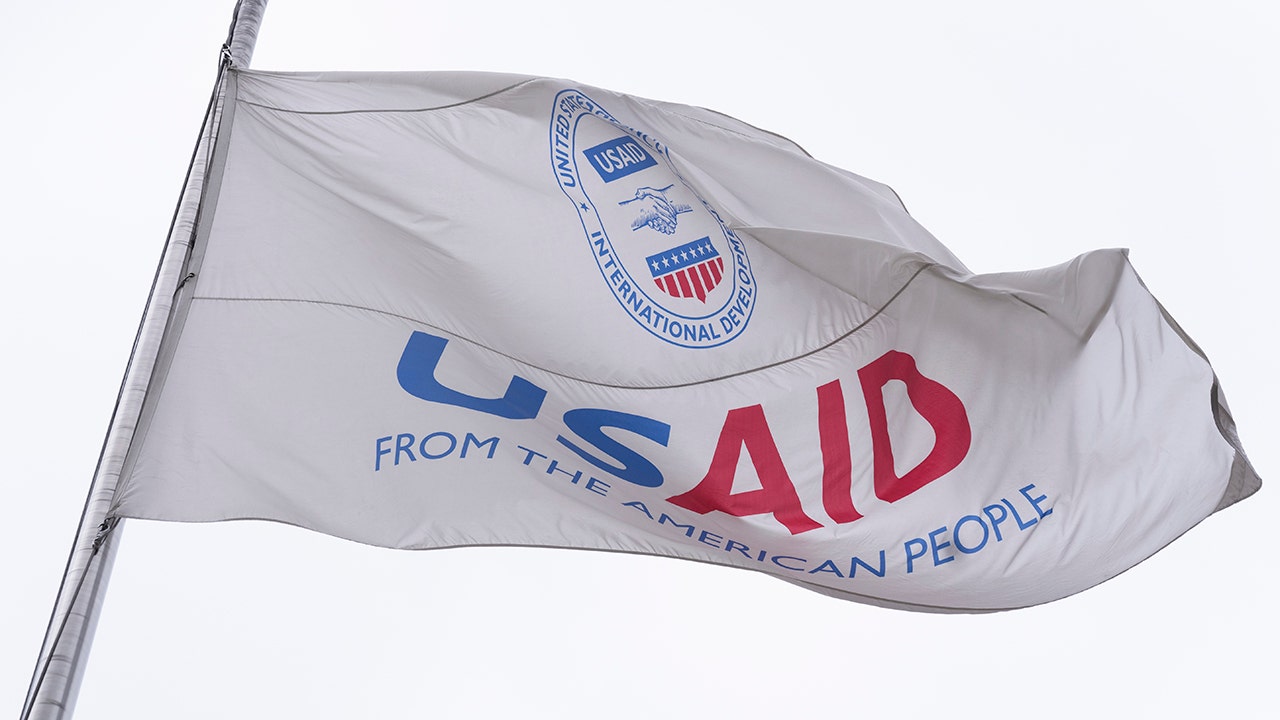Politics
USAID inspector general fired days after publishing report critical of aid pause

The White House Fires USAID Inspector General Amid Controversy
In a move that has sparked significant controversy, the White House has fired Paul Martin, the Inspector General (IG) of the U.S. Agency for International Development (USAID). The dismissal, which took place on Tuesday, did not come directly from USAID’s acting administrator or Secretary of State Marco Rubio, but rather from the White House Office of Presidential Personnel. This unexpected decision has raised eyebrows, particularly as it follows the release of a critical report by the inspector general’s office. The report had highlighted concerns about the Trump administration’s decision to pause foreign aid, a move that many argue has undermine the effectiveness of USAID’s programs.
USAID Under Fire: Critical Reports and Operational Challenges
The timing of Martin’s firing has drawn attention to the broader challenges facing USAID. Just a day before the dismissal, the agency warned that the Trump administration’s restructuring efforts had severely hampered its ability to monitor $8.2 billion in humanitarian funds. Critics argue that this lack of oversight could lead to mismanagement and misuse of these critical resources. Furthermore, the inspector general’s recent report had criticized the administration’s pause on aid, suggesting that such actions could have long-term consequences for global stability and development.
ALARMING DISCOVERIES: USAID FUNDING FOR EXTREMIST GROUPS
The controversy surrounding USAID deepened further this week with the release of a damning report by the Middle East Forum, a U.S. think tank. The report revealed that USAID had provided millions of dollars in funding to extremist groups tied to designated terrorist organizations and their allies. This alarming discovery has raised serious questions about the agency’s vetting processes and its ability to ensure that taxpayer dollars are being used effectively and responsibly.
trump administration cracks down on USAID spending
The Trump administration has long been critical of USAID’s spending practices, and the agency is now under intense scrutiny from the Department of Government Efficiency (DOGE), chaired by Elon Musk. As part of its investigation, DOGE has been examining USAID’s financial records and has reportedly found numerous examples of questionable expenditures. These include funding for projects such as a version of "Sesame Street" in Iraq and pottery classes in Morocco, which critics argue are not effective uses of taxpayer money.
USAID employees respond to the investigation
As the investigation into USAID’s spending practices continues, employees within the agency have reportedly become increasingly anxious. Some staffers have allegedly taken steps to hide materials they fear could be seen as incriminating, including Pride flags and certain books, when DOGE officials arrived for a visit. This reaction highlights the growing tension within the agency as it faces the possibility of significant restructuring or even abolition.
the future of USAID hangs in the balance
The fate of USAID remains uncertain as the Trump administration considers its next steps. In a letter to bipartisan lawmakers on February 3, Secretary of State Marco Rubio hinted at the possibility of abolishing the agency after its reorganization. USAID, which was established in 1961 under the Kennedy administration, has long played a critical role in administering civilian foreign aid. However, the current administration’s efforts to dismantle the agency have raised concerns about the impact on global development and humanitarian efforts. As the situation continues to unfold, lawmakers, news outlets, and think tanks are closely monitoring the developments, seeking to uncover more details about USAID’s spending practices and the motivations behind the White House’s actions.
In summary, the firing of USAID Inspector General Paul Martin, coupled with the agency’s operational challenges, funding controversies, and the Trump administration’s efforts to restructure or abolish it, has created a perfect storm of uncertainty for USAID. As the agency’s future hangs in the balance, the stakes are high not only for the organization itself but also for the millions of people around the world who rely on its aid programs.